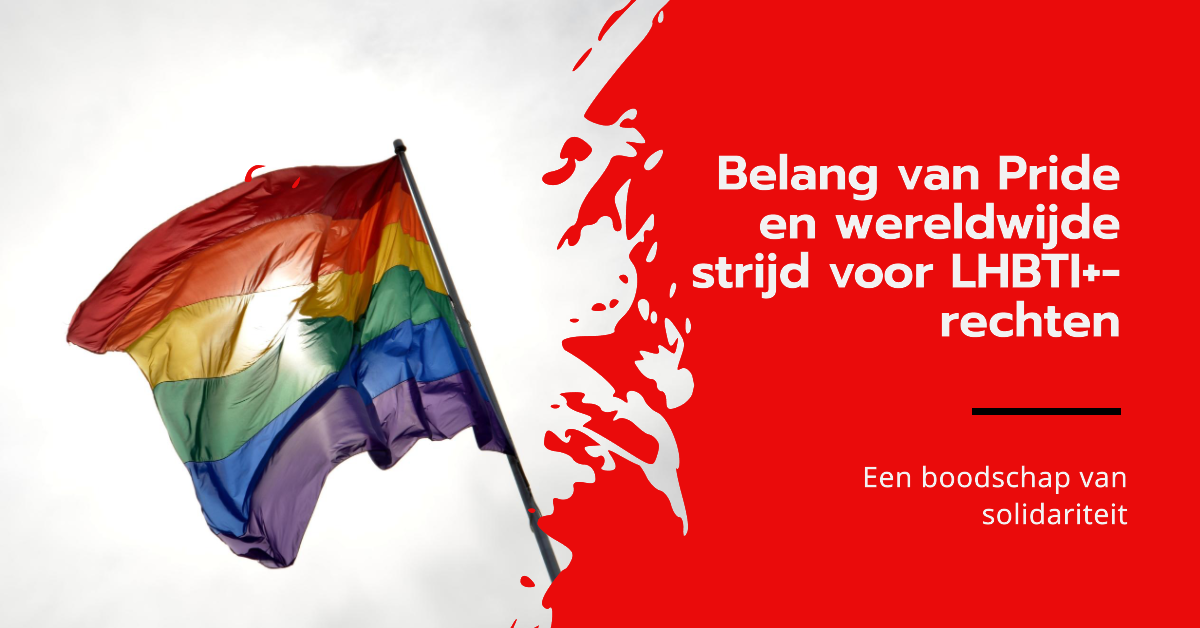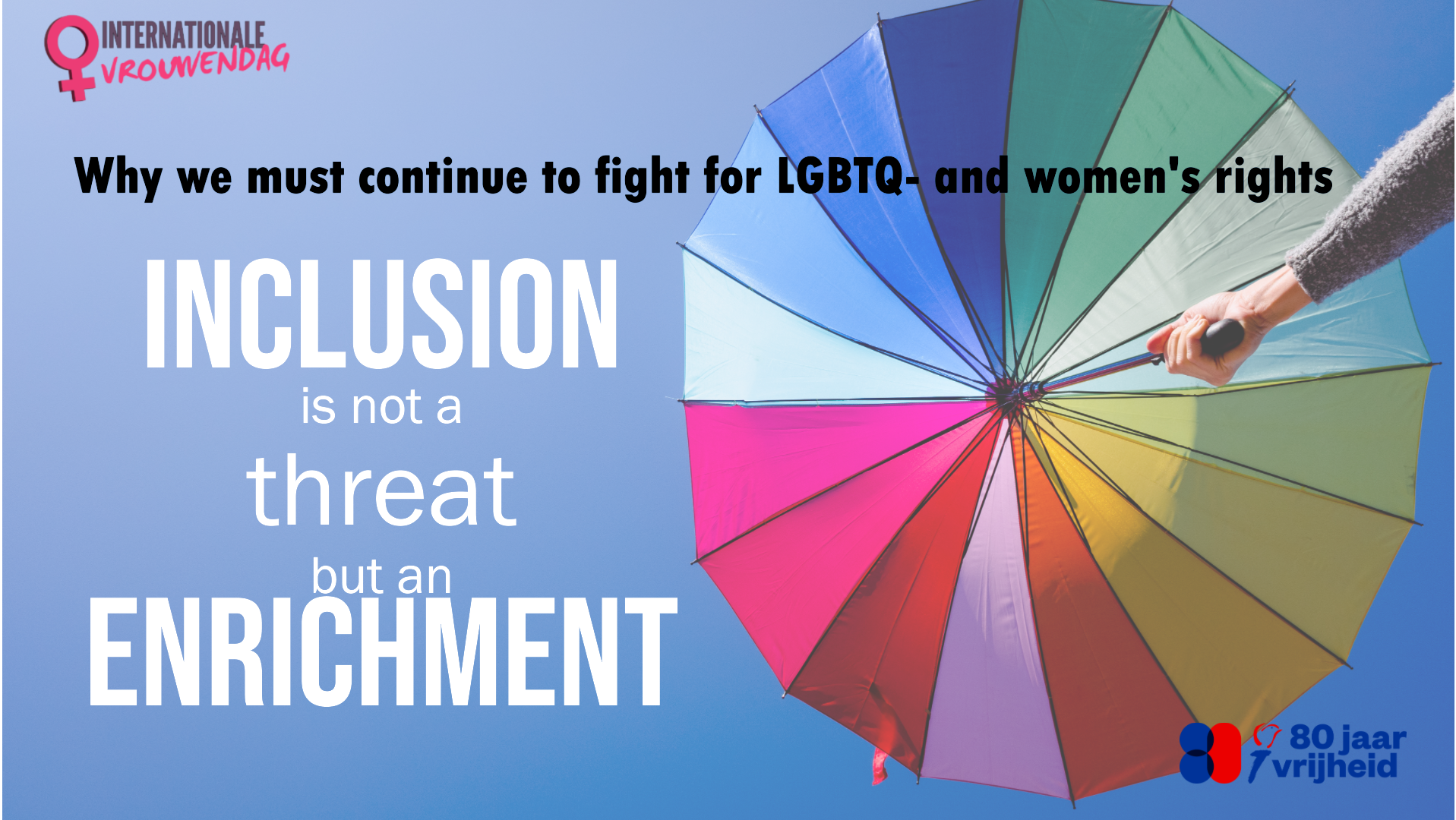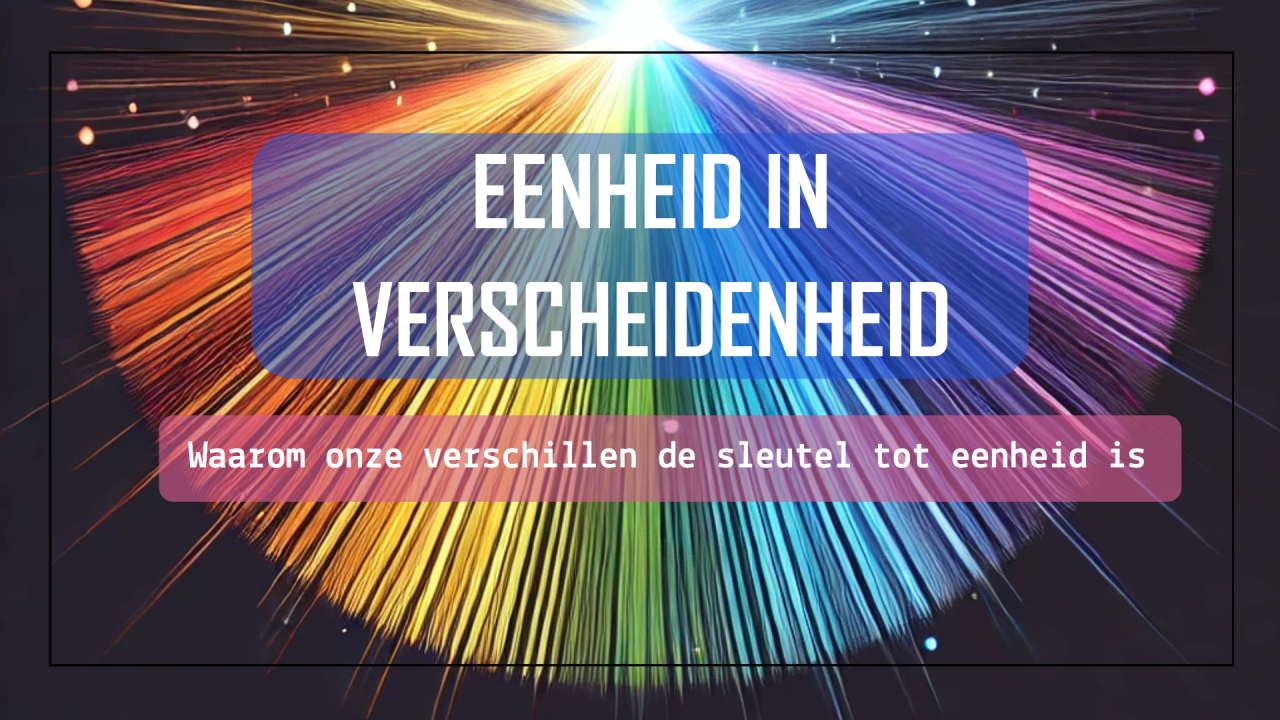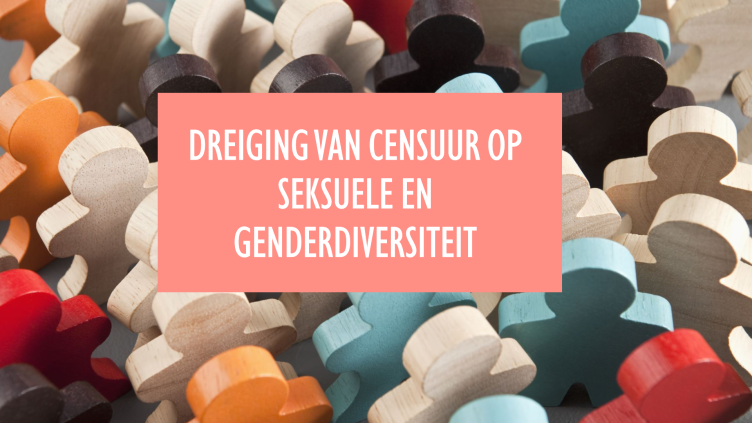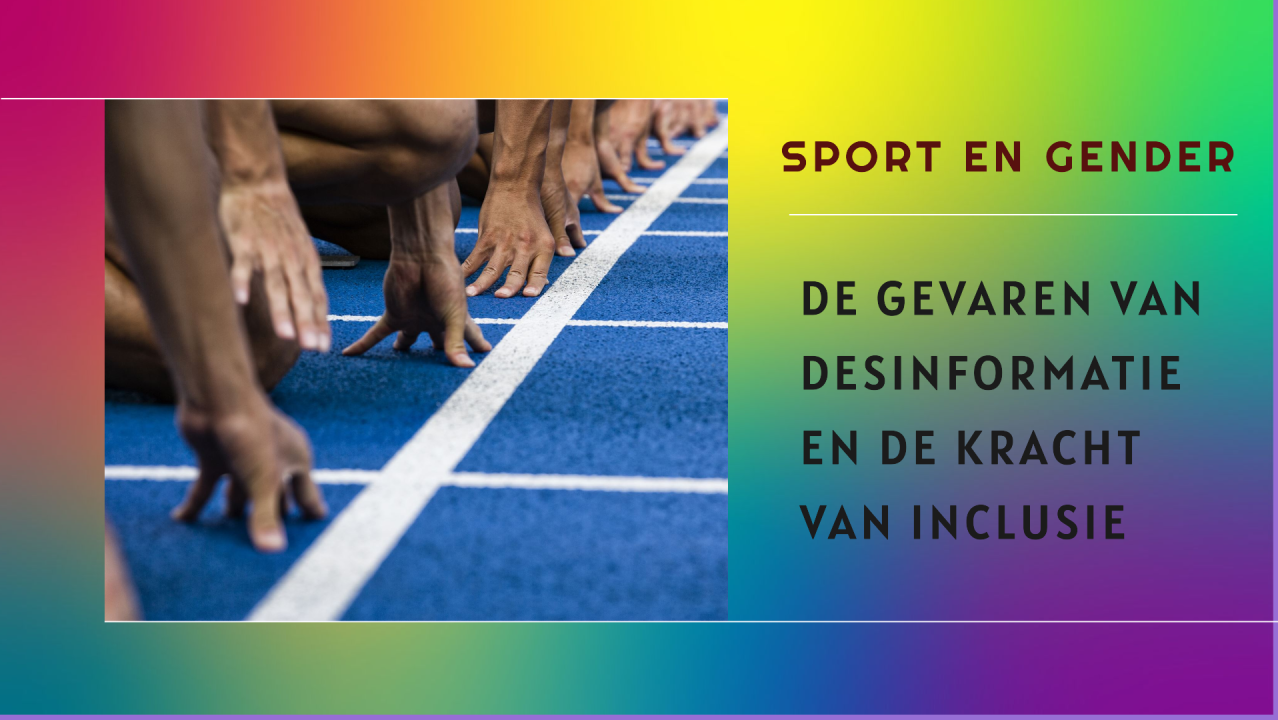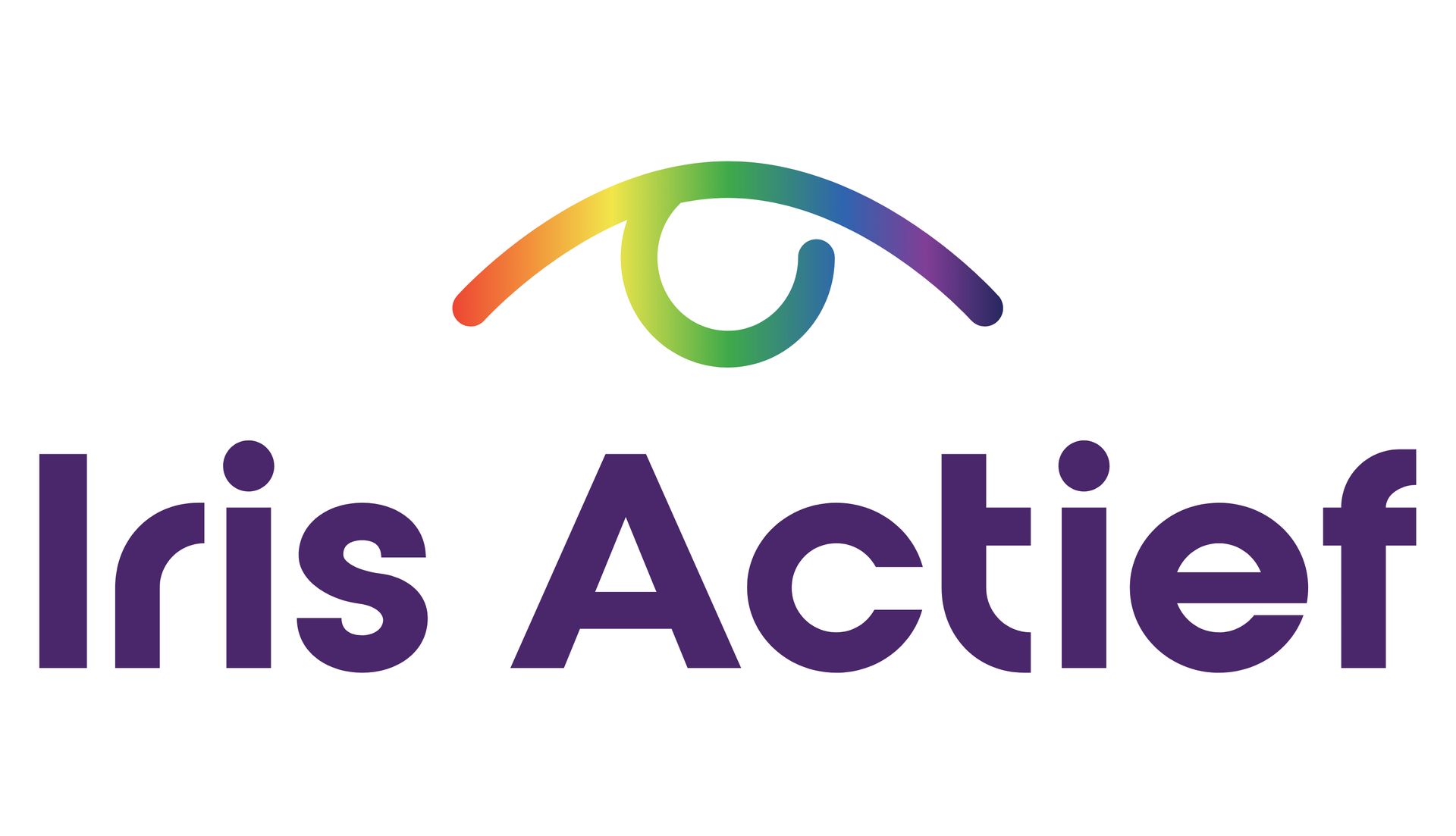
The importance of Pride and the global struggle for LGBTQ+ Rights
The importance of Pride and the global struggle for LGBTQ+ Rights

Recently, the Hungarian parliament passed a law banning Pride events and allowing authorities to use facial recognition technology to identify and possibly penalise participants. This law, supported by the right-wing populist party of Prime Minister Viktor Orbán, has been described by Amnesty International as a "frontal attack" on the LGBTQ+ community.
As a Rainbow Ambassador for the Province of Drenthe, I am deeply concerned about this development. The right to peaceful assembly and freedom of expression are cornerstones of any democratic society. Banning Pride events under the guise of "child protection" is a misuse of legislation and a direct violation of human rights.
What does the ban on Pride mean?
The removal of a Pride march directly impacts the confidence and visibility of the LGBTQ+ community. In countries where these events are banned, many LGBTQ+ individuals feel less safe and less recognised. Pride is more than a celebration; it is a protest, a demonstration of diversity, and a powerful statement against discrimination.
At the same time, we see the opposite effect: banning Pride can fuel resistance and renewed activism. History has shown us that oppression often leads to stronger counter-movements. Pride began as a protest against police violence during the Stonewall Riots of 1969 and has since sparked a worldwide movement. Governments that believe banning Pride will silence these voices are often mistaken.
A global trend of backlash
The ban on Budapest Pride is not an isolated incident; it reflects a concerning global trend of rolling back hard-won LGBTQ+ rights.
In the United States, anti-LGBTQ+ legislation is on the rise, particularly targeting transgender individuals. New laws are being introduced that restrict their access to healthcare and participation in sports.
In Slovakia, a bill to recognize same-sex partnerships was recently rejected, meaning that LGBTQ+ couples still lack legal recognition.
In Poland, nearly 100 municipalities have declared themselves "LGBT-free zones," which erases visibility and normalizes discrimination against the LGBTQ+ community.
In Romania, legislation is being considered that would restrict LGBTQ+ rights, similar to Hungary's "anti-propaganda" law.
These developments indicate that rights once achieved are not necessarily permanent. The global trend suggests that reactionary forces are attempting to turn back the clock, making Pride events more necessary than ever and underscoring the importance of international solidarity.
Pride and the right to protest
Pride events fall under the right to protest, as enshrined in international treaties such as the European Convention on Human Rights (ECHR) and the Universal Declaration of Human Rights (UDHR). These rights guarantee the freedom of peaceful assembly and expression. The European Court of Human Rights has repeatedly ruled that governments have a positive obligation to protect demonstrations, including Pride marches.
By banning Pride, countries like Hungary and Poland violate these fundamental principles and undermine democracy. This is not just an attack on the LGBTQ+ community but an attack on the rights of every citizen.
From protest to freedom of expression?
The meaning of Pride varies significantly by country and social context. In places where LGBTQ+ rights are still lacking, Pride remains a demonstration of equal rights. Its character may shift toward celebration and visibility in countries with strong legal protections. However, Pride remains necessary even in progressive nations.
Even in countries where LGBTQ+ rights are legally secured, social acceptance does not always match legal protection. LGBTQ+ individuals do not feel safe holding hands in public everywhere, and acceptance varies by region and social class. Additionally, we should not assume that rights , once won, are guaranteed forever. As we see in the U.S., transgender rights and LGBTQ+ protections are increasingly being rolled back. In Europe, far-right populist parties are gaining ground and seeking to curb diversity and inclusion.
Furthermore, minorities within the LGBTQ+ community remain vulnerable: transgender individuals face more discrimination in the workplace and healthcare, and non-binary people still lack recognition in many legal systems. Lastly, freedom of expression and visibility remain crucial. Pride offers young people who are still in the closet a sense of safety and reminds us all of the history of LGBTQ+ rights struggles. Pride is a celebration and a necessary expression of freedom and equality.
The Role of Roze Zaterdag
In the Netherlands, Roze Zaterdag (Pink Saturday) embodies Pride's core values: emancipation, protest, and visibility. Since the late 1970s, this event has been crucial in the fight for equal rights. Roze Zaterdag is always held at the end of June, symbolically linked to the Stonewall Riots of 1969, when the global struggle for LGBTQ+ rights became visible.
The first Dutch equivalent of a Pride demonstration was organised in 1977 and has since evolved into a day of debate, education, and community. The history of Roze Zaterdag shows that even in the Netherlands, the struggle for equality has not been won without resistance. It remains a day to celebrate achievements and reflect on ongoing challenges and the necessity of visibility and activism. Like Pride globally, Roze Zaterdag remains an essential day of protest and solidarity.
Our responsibility
In the Netherlands, we can take pride in our progress toward acceptance and equality. However, research indicates that less than half of LGBTQ+ individuals believe that acceptance is improving. This highlights the importance of events like Pride—not just as celebrations but also as vital tools for activism.
We must stay vigilant, speak out against injustice, and show solidarity with LGBTQ+ communities worldwide. We cannot ignore the erosion of rights in other countries, as the rollback of rights often begins out of view, yet its effects can ripple everywhere.
Let's continue to fight for a world where everyone can be themselves without fear of repression or discrimination. As long as Pride is banned, Pride remains essential.
